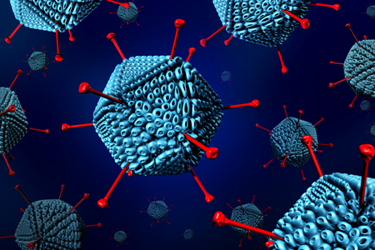Development And Scale-up Of A Helper-Dependent Adenovirus (HDAd) Process Using The iCELLis® Bioreactor Platform
By Brian Gardell, Scott Gatto, and Denis Kole, PhD, Process Development Services, Pall

Viral vectors are currently the preferred gene-delivery vehicle for most cell and gene therapies, and clinical trials require high titer virus preparations to adequately deliver the therapeutic transgenes to clinical subjects or target cells. For this reason, technologies that enable the industrialization of these processes in a safe, robust, and cost-effective way are necessary to support the demands of the patient population. However, complexity around developing and scaling viral vector processes to commercial manufacturing scale, and the lack of standardized approaches remain as challenges that can impact therapy development timelines and productivity. Selection of the appropriate production platform plays a key role on the successful implementation of a process that meets the commercialization timelines and manufacturing costs.
In this poster, explore a case study that demonstrates the successful steps taken to develop and scale up a customer process for a HDAd, leveraging Pall’s process expertise and the iCELLis bioreactor platform, to help accelerate the development timelines. Critical process parameters for development and manufacturing, such as seeding density, infection density, and harvest strategy, were first tested at the flatware stage, and continually optimized over the course of the iCELLis Nano bioreactor development stage. The optimized parameters were used successfully in duplicate scale-up batches at the iCELLis 500+ bioreactor scale to demonstrate a process ready for tech transfer.
Get unlimited access to:
Enter your credentials below to log in. Not yet a member of Bioprocess Online? Subscribe today.
